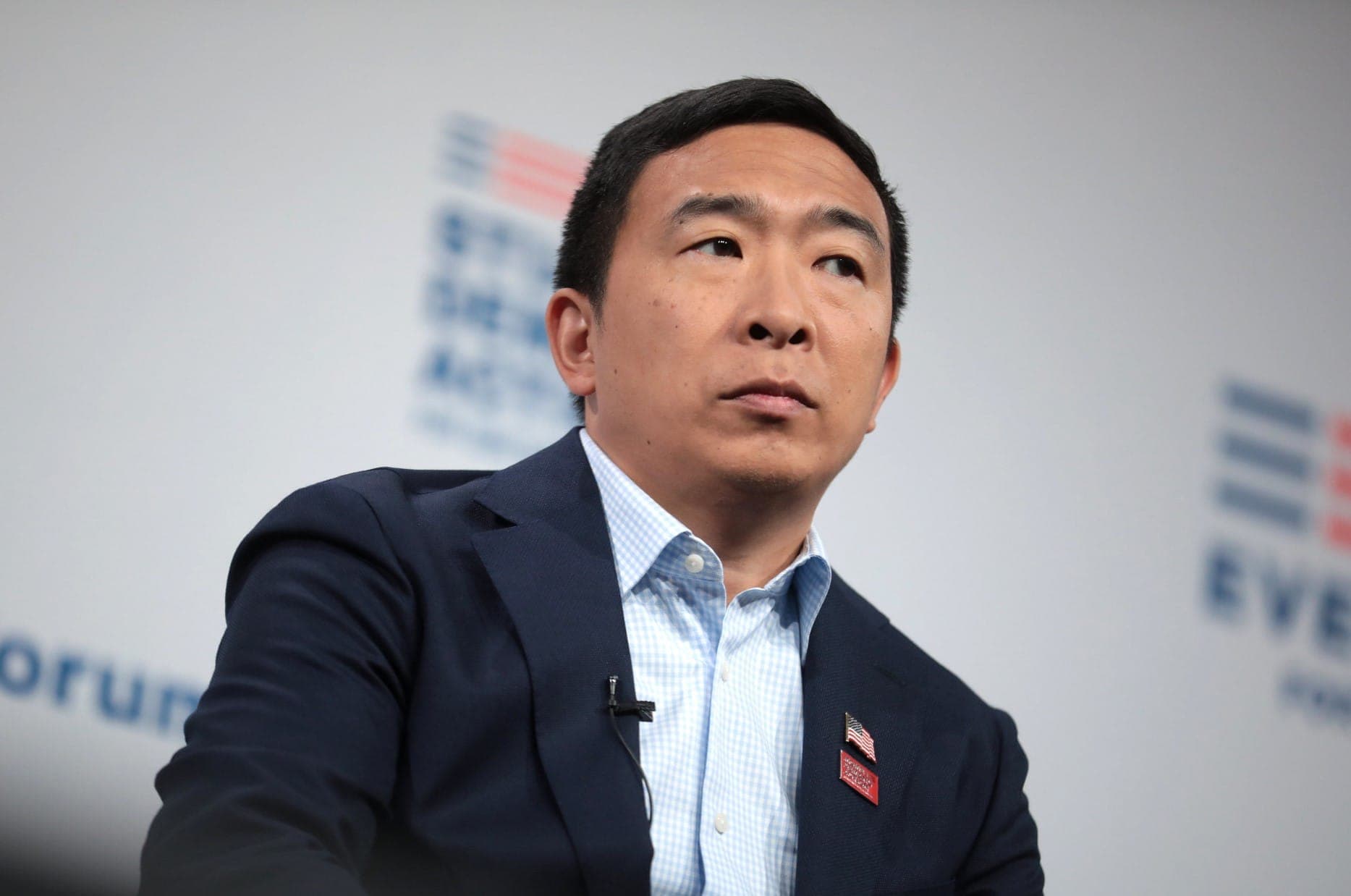March 5 is Super Tuesday... And No One Cares

The election day colloquially referred to as Super Tuesday used to mean something. It's an election date traditionally held in early March and is known for hosting the most presidential preference elections on a single day each election cycle.
In 2024, Super Tuesday falls on March 5. In most cases, states that will hold presidential preference contests on this date are in the middle of early voting, including the nation's most populous state: California.
In total, 16 states will hold presidential preference contests on Super Tuesday 2024: Alabama, Arkansas, Alaska, California, Colorado, Iowa, Maine, Massachusetts, Minnesota, North Carolina, Oklahoma, Tennessee, Texas, Utah, Vermont, and Virginia.
Many might see Iowa on the list and think, "didn't Iowa already hold its caucuses?"
The Republican Party did, but because the DNC decided that South Carolina would be the first state to count in its 2024 nomination process, Iowa Democrats started a presidential preference election through mail-in cards but won't release the results until March 5.
The number of delegates up for grabs on Super Tuesday is enough to change the landscape of a presidential race. It was once considered the most consequential date in a presidential cycle -- which is why California moved its primaries up from June to March in 2020.
The Golden State is the most populous state in the US. As such, it sends the most delegates to the Democratic National Convention and the Republican National Convention. Yet, despite this fact, the nomination processes would be effectively over by June.
The decision by California lawmakers to move the primary date up didn't change anything, because by the time the decision was made, Super Tuesday had already become less relevant.
Over the last 3 election cycles, the media and the parties have asserted their power to pick presidential candidates for the country to such a degree that the nomination processes were effectively over before a single vote was cast.
in 2016, the DNC was marred with one controversy after another as it was revealed the lengths the party's leaders went to prop up Hillary Clinton during the primary, from superdelegates to debate scheduling to funneling money into Clinton's campaign.
Meanwhile, the media covered Republican candidate Donald Trump so much that news outlets gave him the equivalent of $2 billion in free ad time. The media wanted Trump (though not because they wanted him to win) and helped give him an anti-establishment message to attract Republicans and independents.
And by Super Tuesday, most considered the 2016 election all but settled -- even though some candidates like Bernie Sanders and Ted Cruz stuck it out until late in the nomination process.
The irony is the same press that bemoaned Trump's presidency could have potentially prevented it if they didn't cover him as much as they did.
It was a similar story in 2020. President Trump was a shoo-in for his party's nomination as incumbents are protected by their party. So, all eyes were on the large Democratic field. However, before Super Tuesday, many of the high-profile candidates dropped out and endorsed Joe Biden.
The party, again, picked its nominee before much of the country had an opportunity to vote. The COVID-19 pandemic made it difficult-to-impossible for many candidates to campaign, but many of the candidates already dropped out before the pandemic shut things down.
Now, look at 2024. The national media has been talking about a Trump and Biden rematch since the 2022 midterms ended. It's no surprise that after Iowa and New Hampshire, partisan pundits declared the nominations settled.
Even as Nikki Haley tries to stay in the race, she is looking more like Ted Cruz circa 2016 and will likely bow out much sooner. Meanwhile, candidates who wanted to challenge Biden for the Democratic nomination have been silenced and denied a chance by the DNC.
Super Tuesday used to be an election day that captivated the nation. It used to mean something. Thousands of delegates are up for grabs. Millions of voters go to the polls to express their preference for president.
Not anymore. The parties and the press have made it clear that they don't think these votes matter. In a few states already, Republican and Democratic leaders have explicitly told voters they don't matter. and the press treats it as "democracy in action."
They can treat it as normal because the system allows it, and they all operate within the machinery of the two-party duopoly. The parties see how the electoral demographics are changing -- voters are more independent-minded and want more choice -- so they are consolidating their interests while the media helps them.
They will rig the rules even more to their favor. They will squash debate. They will decide when a primary doesn't matter toward delegate selection. They will cancel presidential primaries and deny candidates access to the ballot when they deem it necessary.
They will render a once consequential election day, like Super Tuesday, inconsequential and irrelevant -- no matter how many states hold presidential preference contests or how many voters cast a ballot.
 Shawn Griffiths
Shawn Griffiths






